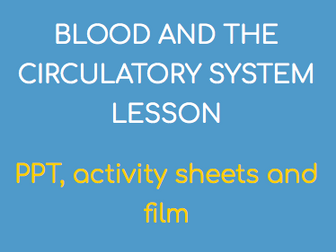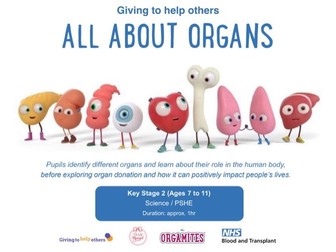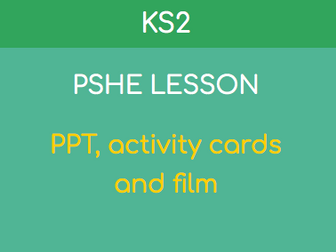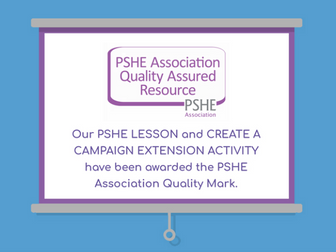BLOOD & THE CIRCULATORY SYSTEM LESSON
Team Margot Foundation and NHS Blodo and Transplant have added a wonderful comprehensive lesson plan for Year 6 on blood & the circulatory system to their ‘Giving to help others’ website of primary school suite of educational resources.
These free curriculum-linked resources are easily downloadable directly from the ‘Giving to help others’ website. They comprise of activity sheets, a 4.5 minute video, PowerPoint slides and comprehensive teacher notes, so no pre-work is required.
These materials fit in with the STEM Statutory National Curriculum as well as touching on the PSHE KS2 Association Programme of Study. They also encourage pupils’ reading stamina and comprehension skills with a SATs-style activity by including a question sheet for pupils and an answer sheet for teachers.
If you would like to encourage your pupils to do more on this subject, then please check out our Create a Campaign Extension activity here on Tes or on the givingtohelpothers . org website. We are very proud to announce that this lesson resource has been rigorously assessed by the PSHE Association and awarded their Quality Mark, assuring teachers that they meet the ten principles of effective PSHE education.




